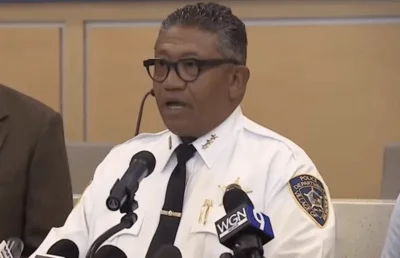Vicki Scaman President at Oak Park | Official website
Vicki Scaman President at Oak Park | Official website
The Village has announced the opening of an emergency warming center on Friday evening due to anticipated cold weather conditions. The center may remain open through the weekend if low temperatures persist. Volunteers will staff the facility, providing a safe and warm environment for those in need.
The warming center is activated when outdoor temperatures fall below 20 degrees or when extreme snow and ice result in the closure of public facilities or transportation for four hours or more.
Village officials have issued several safety recommendations as winter weather becomes more severe. Residents are advised to limit time outdoors in cold, wet, or windy conditions and to pay attention to weather forecasts and wind chill readings. Frostbite can occur quickly in very cold, windy weather.
Officials recommend dressing in multiple layers of loose, warm clothing instead of a single layer. Windproof and waterproof outer garments should be worn to protect against wind, snow, and rain. Undergarments that wick moisture away from the skin are also suggested.
Additional advice includes wearing a hat that covers the ears completely and choosing mittens over gloves for better protection. Overexertion during activities like shoveling heavy snow should be avoided due to potential health risks such as heart attacks.
To prevent hypothermia, individuals should keep their clothing dry and consume warm liquids or juice rather than alcohol or caffeine-containing drinks. Symptoms of hypothermia or frostbite include uncontrollable shaking, extreme fatigue, pale skin, and numbness in extremities. If these symptoms appear, it is important to get indoors immediately and seek medical help if necessary by calling 911.
Residents are encouraged to check on family members, friends, and neighbors during extreme weather conditions—especially those who are elderly or live alone—and ensure pets are not left outside for extended periods.
Precautions against freezing pipes include maintaining indoor temperatures above 55 degrees Fahrenheit, opening cabinet doors around pipes, and allowing faucets to drip slightly. Residents should avoid using stoves or ovens for heating purposes; space heaters must be placed on hard surfaces away from flammable materials.
Finally, devices that burn fuel indoors pose carbon monoxide risks; thus they should never be used inside homes. Driving during extreme winter weather is discouraged unless necessary; travelers should carry blankets flashlights snacks have charged cell phones inform someone about travel plans before departure






 Alerts Sign-up
Alerts Sign-up